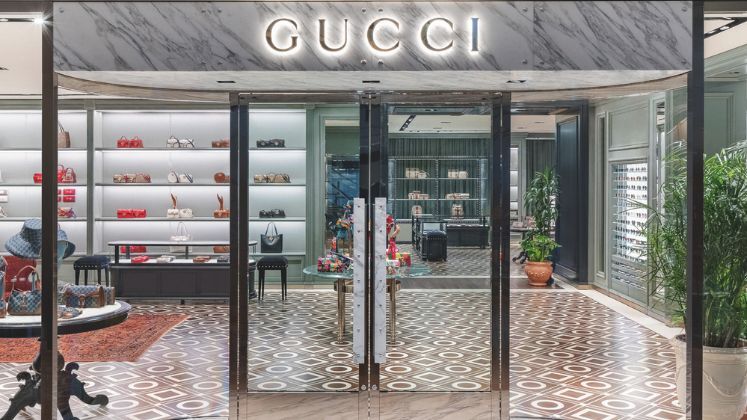
In trying to cut its excessive reliance on Gucci, Kering’s top designer label, CEO François-Henri Pinault has opened a new battlefield of financial stress. A spate of acquisitions aimed at broadening the French luxury giant’s portfolio has driven debt levels through the roof—just as the wider luxury industry approaches a downturn.
Having been almost debt-free, Kering’s net borrowings mushroomed to US $ 11.8 billion at the close of 2024, equivalent to half its current market capitalisation. The group now has to contend with increasing interest rates, softer sales, and the threat of a third credit rating downgrade in three years if its financial situation does not firm up.
It has become more complicated to manage the debt. Kering shares have dropped 60 per cent in the last two years, denting investor confidence. Trade tensions, such as the threat of tariffs under US President Donald Trump, have added to the uncertainty over luxury goods.
Financial burden also falls on the investment arm of the Pinault family, Artemis, which owns Kering and holds a stake in Puma. Artemis might be obligated for up to US $ 563 million cash repayments related to a convertible bond tied to Puma, whose poor performance has activated early repayment conditions.
To release cash, Kering has started slashing expenses, shuttering shops, cutting staff, and divesting some of the luxury department store property it purchased during the height of the market. The group said it hopes to raise US $ 2.25 billion through asset disposals by 2026, although initial disposals have already been taken at a loss—its 2024 annual report revealed a US $ 112.6 million charge on a partial disposal of Paris properties.
While Kering maintains it is still devoted to a long-term makeover, the next few quarters will challenge whether or not it can stabilise Gucci, consolidate new purchases, and fend off lenders all while coping with a luxury market no longer bulletproof against international economic stress.






